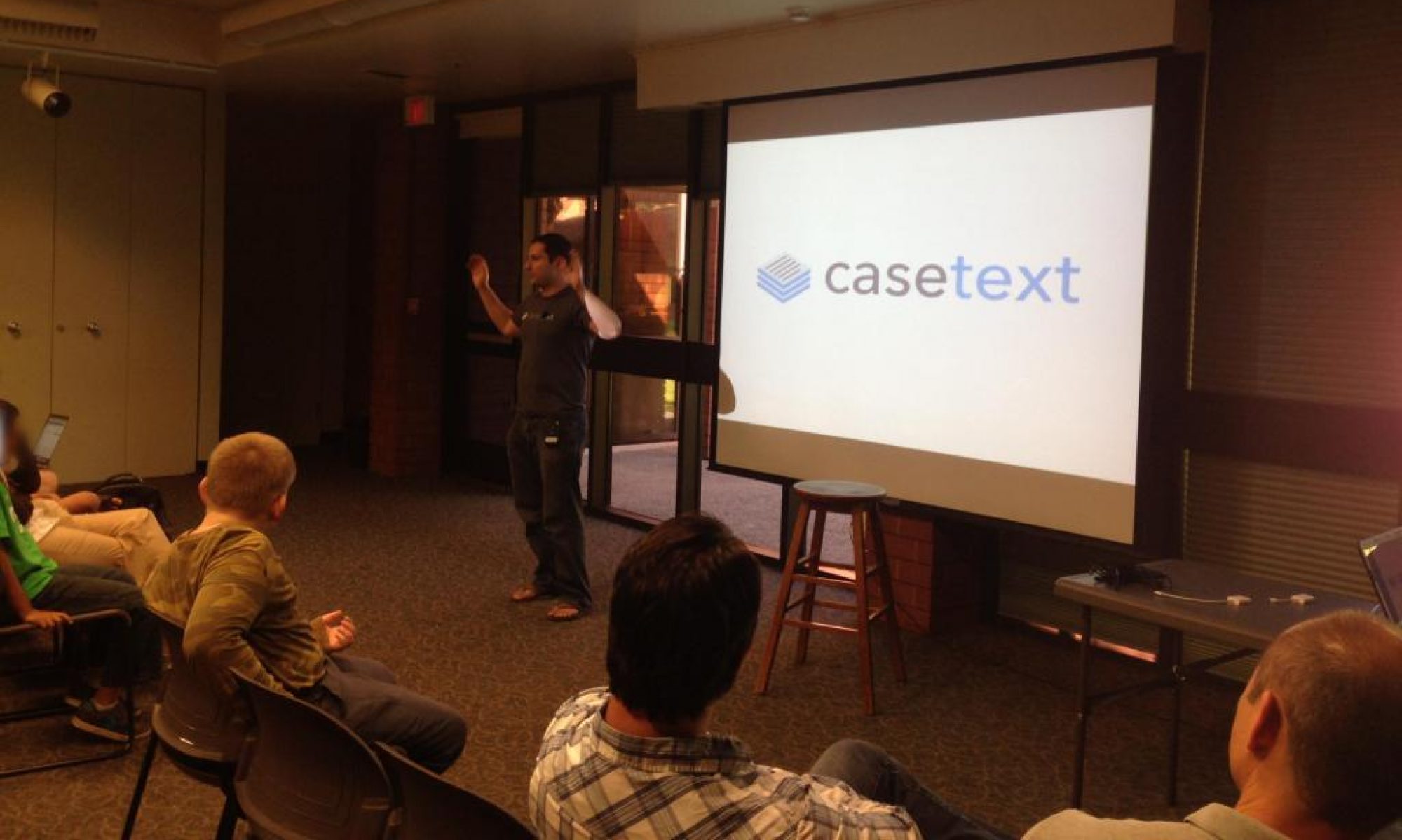A little creativity in assigning chores for digital natives can double as entrepreneurial skills training.
Kids do chores, growing up. However, shouldn’t the chores change with the times? Modern-day kids may be able to learn skills that can be entrepreneurial, by doing higher-level chores once they have mastered making their beds.

In a new series of blog-posts, we are going to start documenting and sharing lessons observed by parents and teachers about children, with a focus on development of an entrepreneurial mindset and entrepreneurial leadership skills in them while still letting them be kids. These will be shared in short bursts of inspiration through blog posts that any parent or guardian can use in the normal course of raising a child or a grandchild.
I will refrain from trying to define an entrepreneurial mindset, or entrepreneurial skills because there may be several definitions. Many buzzwords are used to describe someone who is entrepreneurial. They could be labeled pathfinders, they could be problem-solvers, they could be adept at research, independent thinkers, and self-starters. Whatever those skills and characteristics are, we will discover them with parents and educators who are on the same journey as us through AlligatorZone — to prepare our kids for careers that do not yet exist.
Besides chores such as making their own beds, modern kids can handle higher level chores if they have access to computers. Since it is summer, the season when families may go on road-trips, a chore that comes to mind is the one that used to be handled by the friendly folks who used to create TripTiks by hand and probably still do.
What if we entrust kids with the chore of planning a road trip. Here’s how one might assign such a chore. Start with having the kids research the road trip with the following broad guidelines.
a) Research directions using the Internet, and make notes on road hazards and closures, drive-times, areas to avoid, traffic peak-times, free and legal parking near sites to visit, and safe stops along the way.
b) Research things to do at each stop along the way, including, free things to do such as national parks along the route, self-guided tours you can do using apps, and must-do items that you do not want to miss in a city.
c) Research accommodations and routing, including identifying places to stay that provide the best value (provide a spending limit), and finding the safest parts of the city, mapping out the route and the sequence of the various stops, noting down estimated times of arrival and planned departure times, and taking notes or print-outs of directions, in case of unreliable GPS in mountainous areas.
What are three entrepreneurial skills that kids might pick up by doing this 21st Century chore?
1. Distilling Actionable Information From Research:
a. Research on the web using tools such as Google Maps, Division of Traffic websites, specific websites of tourist attractions, and travel-review websites to learn of hidden gems that one could visit, among others.
b. Filling gaps in online research through phone calls.
c. Research through talking to friends who know you best (old-school personalization).
2. Budgetary Discipline
a. Learning how to get the best experiences within a budget limit.
b. Understanding trade-offs, on putting safety above savings, so that the kids learn not to cut corners on personal well-being
c. Understanding that price does not always reflect the quality of service provided
3. Understanding Marketing Spins
a. Kids will learn how tourist towns must promote themselves to hold on to passing tourists and make them part with their dollars.
b. Kids will learn how to read between the lines of marketing copy on the websites of various tourist destinations
c. Kids will understand how pricing packages are built to maximize spending by tourists.
By assigning this chore, kids might feel ownership of the road trip and be more engaged as learners during the trip. You might hear less questions such as “Are we there yet?” because they are equipped to know.
As a bonus, the grown-ups will get to see the world through the refreshing eyes of the children. That can be rejuvenating for the grown-ups.
Such suggestions, of course, are easier made than followed because they require spending time with children and giving them undivided attention. Yet, anyone with access to the Internet or to a nearby public library and some spare time can do it. It’s the best investment of time by parents of kids from ages 7 to 17. By seventeen, kids will have learned to think and act independently as entrepreneurial problem-solvers.
The author Ramesh Sambasivan is the designer of the social-impact program AlligatorZone®, where kids meet cool startups (https://AlligatorZone.org). AlligatorZone aims to empower parents and teachers to help their kids prepare for careers that don’t yet exist.

